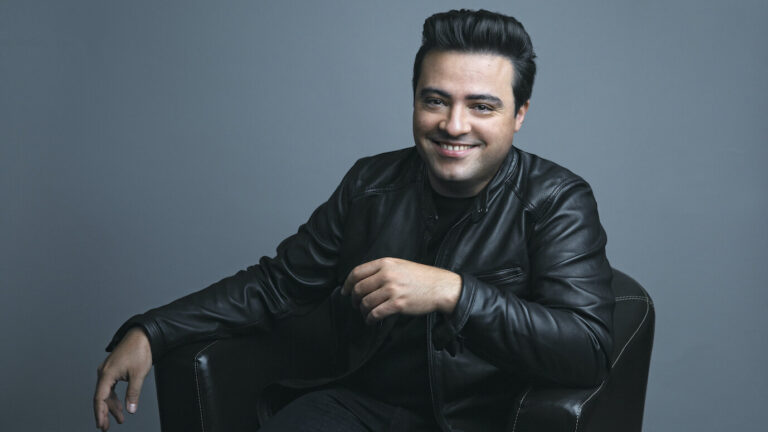János Balázs talks to Jack Pepper (Gramophone) about exploring Rachmaninov, Hungarian gypsy music and a new piano concerto by Péter Eötvös that pays tribute to his pianist role model, György Cziffra.
– What does Rachmaninov mean to you?
– I consider him the heir of Liszt’s legacy, as he was at the top of his game internationally as a pianist, composer and conductor. Not many people are all three! He wrote beautiful melodies, while the climaxes – near volcanic eruptions – are unparalleled. It is precisely these emotional climaxes that I want to underline when performing his piano concertos. Rachmaninov for me was ‘in the flow’, representing the highest romantic period of music, even though he lived in the 20th century. I think it’s some of the most honest and powerful music ever written for piano.
– You’re playing all four concertos and the Paganini Rhapsody in two concerts, a major physical as well as musical challenge. Is there something that you notice develops as you play through the cycle?
– The first concerto is his Opus One, his first work; the Paganini Rhapsody is one of his last pieces, and so the four concertos and his rhapsody are a good way to give the public the essence of Rachmaninov. But I don’t see performing the whole cycle in a month as a sport; think of it more as a long-haul trip. For the audience, it’s a chance to take out a chunk of time and focus on the music. For me, it’s a great way to build on my technique; I have been playing these concertos since I was 12. It’s a lot of notes! But it’s not just physical, it’s mental. I don’t have a special practise method; I practise maximum five or six hours each day, but my thoughts revolve around music almost all the time, be it about fingerings or listening to recordings…











